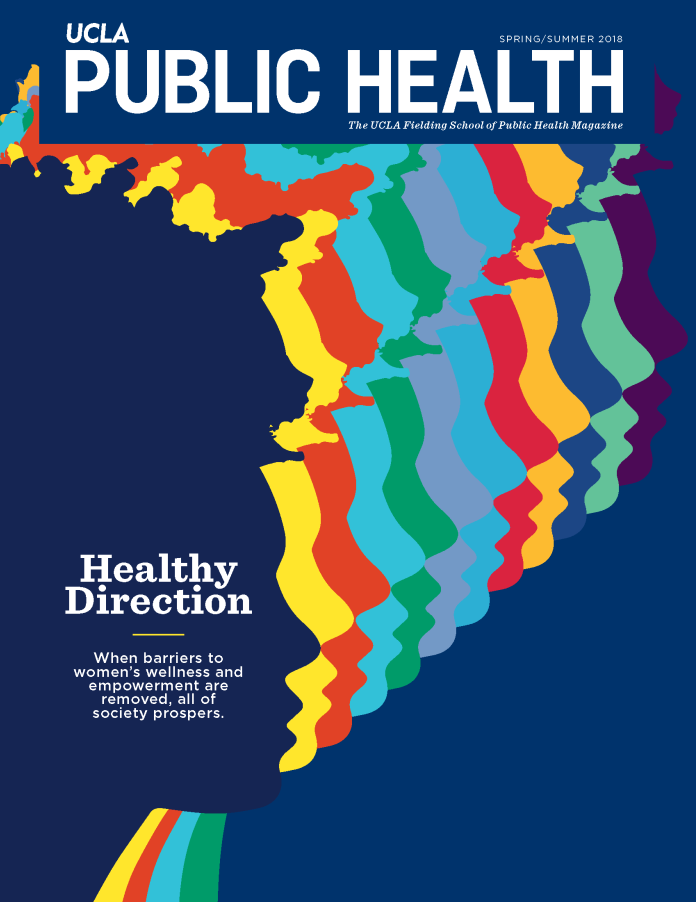
Spring/Summer 2018
Healthy Direction
When barriers to women's wellness and empowerment are removed, all of society prospers.

When barriers to women's wellness and empowerment are removed, all of society prospers.